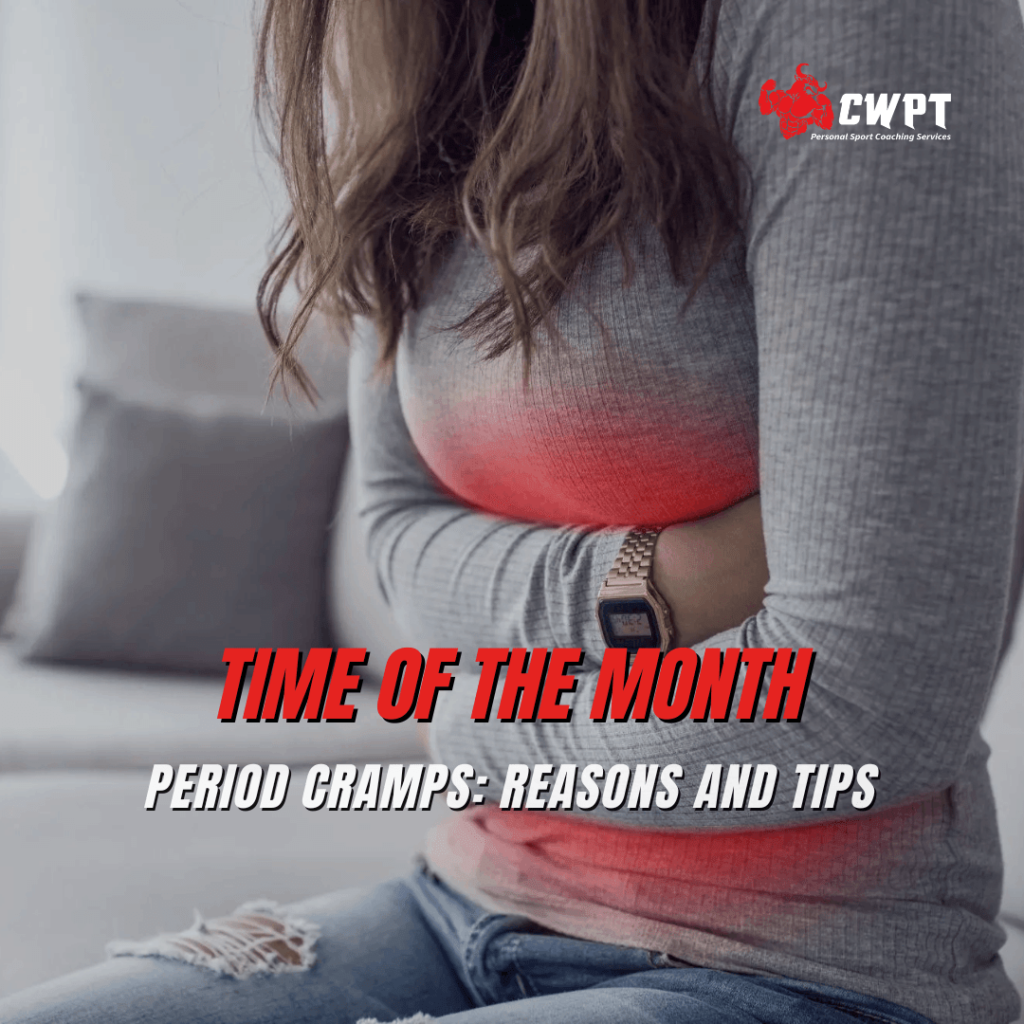As women, we’re all too familiar with the uncomfortable symptoms that come with our monthly period, including period cramps, bloating, fatigue, and weight gain. But what if you could alleviate these symptoms and take control of your menstrual cycle? In this article, we’ll explore the reasons behind period cramps and provide you with 10 essential period cramps tips to help you feel better during your time of the month.
Recently, I experienced all the above symptoms and was determined to find out why I was feeling so awful and what I could do to prevent or soothe them in the future. I started my research and discovered some valuable insights that I’m excited to share with you.
Below, I’ll explain the menstrual cycle in simple terms, why we experience period cramps and other symptoms, and provide you with practical period cramps tips to help you feel better.
Menstrual cycle
Our bodies can start gaining water retention 2-3 weeks before our actual period, you may get a day or so where you feel it, but this isn’t where it is at its highest.
Coming closer to the due date is when we start to produce a high amount of estrogen, this is where ovulation is at its all-time high and where you will feel most bloated.
Then progesterone replaces estrogen… you may feel a little better and less bloated. The process of bleeding begins when the unfertilized eggs are released causing bleeding… this is where most women feel all the side effects weight gain, headaches, lethargy, cramps hurting breasts, and achy back.
Why do we gain Water retention & bloating?
For me, this is the main one! So why do we feel like we have gained weight?
A big change in hormone release as the estrogen creeps in the body naturally gains water and therefore causes bloat.
We tend not to drink enough water I know I am guilty of this; the body holds on to what it has… leading to water retention.
Our metabolism rate increases, which leads to cravings and an increase in food consumption with high sodium which makes us retain water.
We can also experience gas build-up… from not being as active and can experience constipation.
How to prevent water retention
- Staying hydrated will help our body from being dehydrated and will help get rid of excess sodium.
- Exercise is extremely important during this time of the month it will help keep water retention low.
- Diet: stay away from high-sugar foods and high-calorie carbohydrates these will excel the water gain.
- Limit caffeine, but if you use it to keep it in daily as caffeine is a natural diuretic and will help with water retention
- Vitamins/ supplements: calcium prevents water retention if you don’t get enough through your diet be sure to use a supplement, also potassium helps regulate fluid you can also get this in foods like bananas, raisins, and tomatoes.
I hope this blog helps and puts things into simple form for you to understand more about our women’s bodies. I’m sure going to implement all the above and see where I am. Stay posted for my update and be sure to contact me via social media and let me know if you have implemented any of the above and has helped.
Carly Williams – Pre & Postnatal Coach
Ready to take your fitness knowledge to the next level? Visit our Education Hub, featuring a wealth of resources, including articles, blogs, and videos from our expert trainers and fitness YouTube channel.

